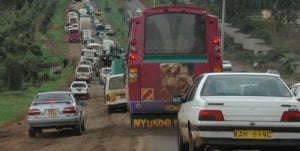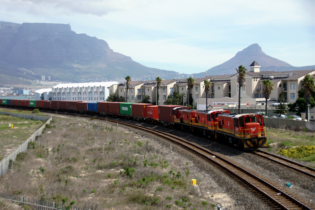The impetus for cross-country projects in Africa has always been motivated by the cost of doing business on the continent.
There have been noticeable improvements in sectors such as the ICT sector, however, progress in other sectors, such as transport has been slow. What factors need to be present in order to guarantee the success of projects? From an operator’s view, a big issue is the cost of trade between countries on the African continent. There is a need for a free trade agreement and that many businesses are sceptical about the potential success of African projects, despite a number of very successful African projects, such as the Pedicle Road on which one-stop border posts have been implemented. The introduction of these border posts has reduced customs-related corruption significantly. It is necessary to get captains of industry into one room in order to try and kick start development and that more control over costs is necessary. Corridors do seem to be making a difference: roads are being improved as is infrastructure, which saves on travel time and thus reduces costs. The example of measures at ports in Dar es Salaam, which were instituted to reduce bottlenecks, is a further case of the cost-saving measure that had been introduced.In order to guarantee the success of corridors, it is vital that the commitment of member states is obtained. One-stop border posts and the implementation of the requisite technology at these border posts are essential to the free flow of people and goods throughout the corridor. In the development of a Central African corridor, those responsible for the development of this throughway would be able to learn a great deal from what has been done in the East Africa Corridor.
The role of financial and information intermediaries is crucial as the operators may know the workings of their projects, inside out, but they do not always know how to convey the information surrounding their projects to others. The financial intermediary is generally approached at the time of going to market. It was suggested that approaching some multinational financing companies could be a good way to get a large cash injection into a project in order to get it started. The East African Community (EAC) has been revived. This has contributed greatly to the success of East Africa. Governance in this area is of the highest order and the heads of East African states are heavily involved in EAC summits and the like. There is a new generation of leaders in East Africa who are focused on achieving their milestones, all of which is contributing to the success of the region.






